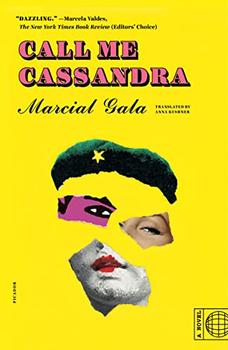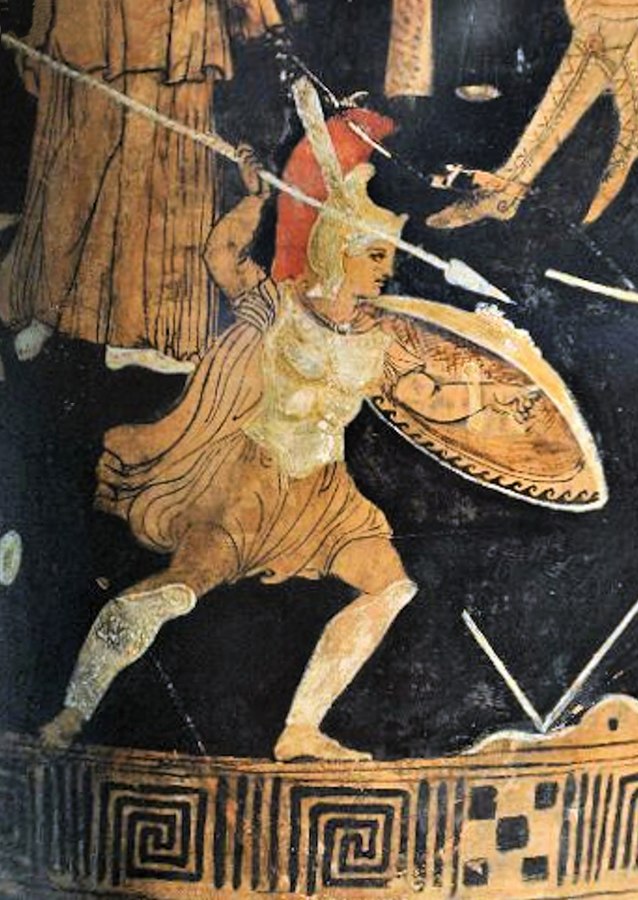Summary | Excerpt | Reviews | Beyond the book | Read-Alikes | Genres & Themes | Author Bio

A Novel
by Marcial GalaFrom Marcial Gala, the author of the award-winning The Black Cathedral, Call Me Cassandra is a darkly magical tale of a haunted young dreamer, born in the wrong body and time, who believes himself to be a doomed prophetess from ancient Greek mythology.
Ten-year-old Rauli lives in a world that is often hostile. His older brother is violent; his philandering father doesn't understand him; his intelligence and sensitivity do not endear him to the other children at school. He loves to read, especially Greek myths, but in Cuba in the 1970s, novels and gods can be dangerous. Despite the signs that warn Rauli to repress and fear what he is, he knows three things to be true: First, that he was born in the wrong body. Second, that he will die, aged eighteen, as a soldier in the Cuban intervention in Angola. And third, that he is the reincarnation of the Trojan princess Cassandra.
Moving between Rauli's childhood and adolescence, between the Angolan battlefield, the Cuban city of Cienfuegos, and the shores of ancient Troy, Marcial Gala's Call Me Cassandra tells of the search for identity amid the collapse of Cuba's utopian dreams. Burdened with knowledge of tragedies yet to come, Rauli nonetheless strives to know himself. Lyrical and gritty, heartbreaking and luminous, Rauli's is the story of the inexorable pull of destiny.
Despite the well-wrought writing that surrounds the execution of the themes, the execution itself remains fairly simple, and the story loses momentum at times. Still, Call Me Cassandra is awash in an understated, evocative aesthetic that is wholly intriguing. Gala flits between national, global, existential and personal concerns with ease. Despite its wide scope and link to epic poetry, the novel feels intimate rather than grand, always returning to the close quarters of human interaction even as the gods are ever-present and time is endlessly overlapping...continued
Full Review
(680 words)
This review is available to non-members for a limited time. For full access,
become a member today.
(Reviewed by Elisabeth Cook).
 In Call Me Cassandra by Marcial Gala, the main character is visited by the Greek goddess Athena and instructed to read a Cuban edition of the Iliad, the epic poem attributed to the ancient Greek poet Homer and maintained through centuries of oral tradition.
In Call Me Cassandra by Marcial Gala, the main character is visited by the Greek goddess Athena and instructed to read a Cuban edition of the Iliad, the epic poem attributed to the ancient Greek poet Homer and maintained through centuries of oral tradition.
The poem focuses on certain events towards the end of the Trojan War, including the siege of the Greek city of Troy, which was also called Ilios at the time — and is referred to this way in Gala's novel. Homer's epic opens nine years after the start of the war, which began when Paris, the son of the Trojan king Priam, ran off with Helen, the wife of the Achaean king Menelaus, inciting the Achaeans to send an army to Troy after her.
Broken into 24 books and over 15,000 lines ...
This "beyond the book" feature is available to non-members for a limited time. Join today for full access.

If you liked Call Me Cassandra, try these:

by Ferdia Lennon
Published 2025
An utterly original celebration of that which binds humanity across battle lines and history.

by Rachel Lyon
Published 2025
An electric contemporary reimagining of the myth of Persephone and Demeter set over the course of one summer on a lush private island, about addiction and sex, family and independence, and who holds the power in a modern underworld.
They say that in the end truth will triumph, but it's a lie.
Click Here to find out who said this, as well as discovering other famous literary quotes!